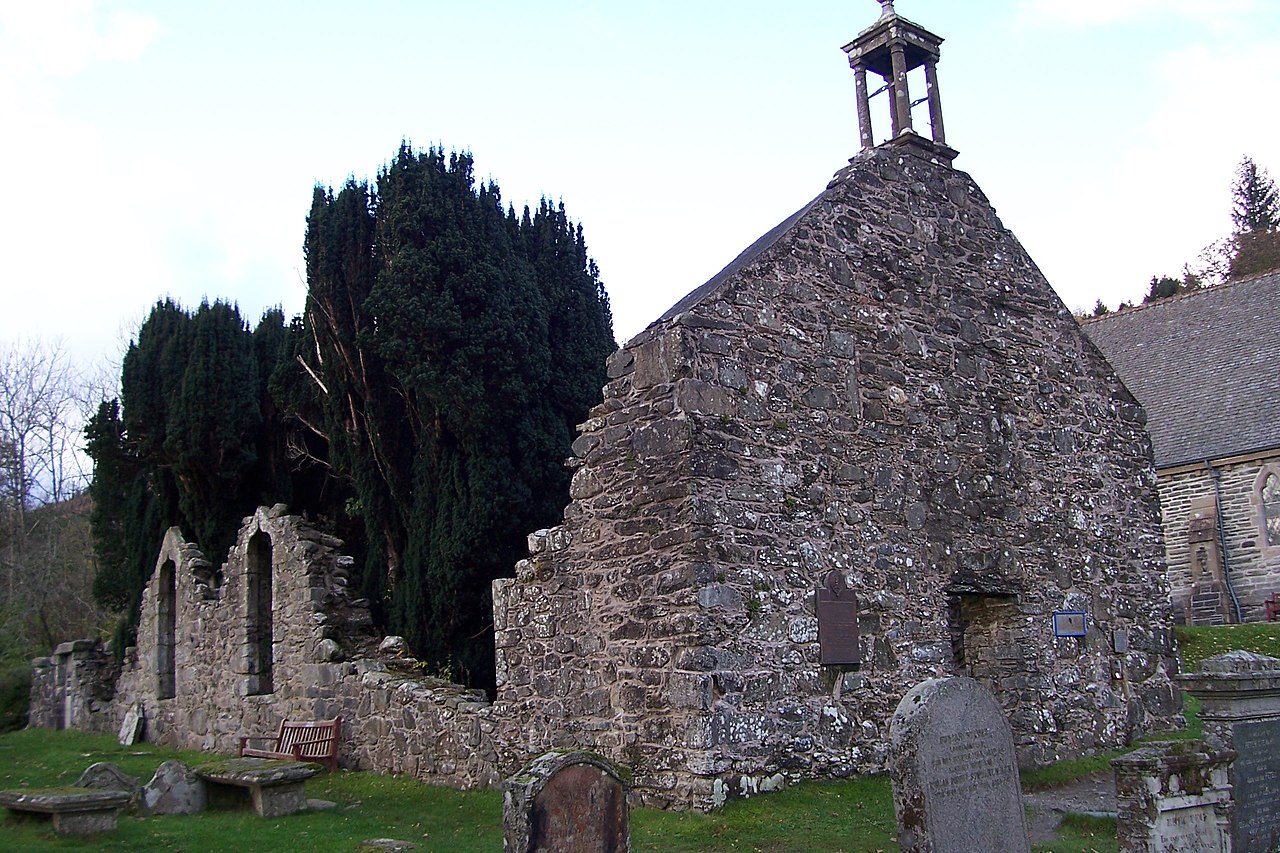
Wikimedia Commons
Robert Kirk (9 December 1644 – 14 May 1692) was a Church of Scotland minister, Gaelic scholar and folklorist, best known for The Secret Commonwealth, a treatise on fairy folklore published posthumously in 1815.[1] In the book, considered by the folklorist Stewart Sanderson to be one of the most important European historical texts dealing with fairy belief, Kirk defends not only the reality of fairies, but also of witchcraft and ghosts.[2]
Kirk was probably born at Aberfoyle, Perthshire, the seventh and youngest son of James Kirk (died 1658), minister there, and his wife, Elizabeth Carkettle (died 1681). After studying at Edinburgh University and St Andrews, on 8 November 1664 Kirk was appointed the minister of Balquhidder, Perthshire. On 14 January 1678 he married Isabel, daughter of Sir Colin Campbell of Mochaster (1616–1668) and Margaret Menzies (died 1681). They had two sons, one of whom died an infant; Isabel died in 1680 at the age of twenty-five and was buried at Balquhidder.[1]
Kirk’s parish was entirely Gaelic speaking,[1] and he undertook to produce the first complete translation of the Scottish metrical psalms into Gaelic, published at Edinburgh in 1684 as Psalma Dhaibhidh an Meadrachd, &c. (Psalms of David in Metre, &c.).[3] He spent eight months of 1689 in London, supervising the printing of An Biobla Naomhtha, a Gaelic Bible that had been published in 1685 and written under the direction of Bishop William Bedell. The original version was printed using Irish characters, unfamiliar to Scottish Gaelic readers, so Kirk proposed that it should be transliterated into roman characters; the cost of the project was borne by the scientist Robert Boyle. The new version, which became known as Kirk’s Bible, completed in April 1690, also contained a short Gaelic vocabulary of 464 “difficult words”, predating future Gaelic dictionaries.[1]
Kirk’s second wife, Margaret Campbell of Fordie, a cousin of his first wife Isabel, was pregnant with their second child when he died on 14 May 1692 at Aberfoyle, his father’s old parish, to which he had been appointed minister in 1685; he was buried in the old kirkyard. Kirk had had a long-standing interest in recording Highland folklore, and stories began to circulate that he had not died, but had been “taken” by the fairies whose secrets he had betrayed.[1] Stewart Sanderson reported that Kirk
